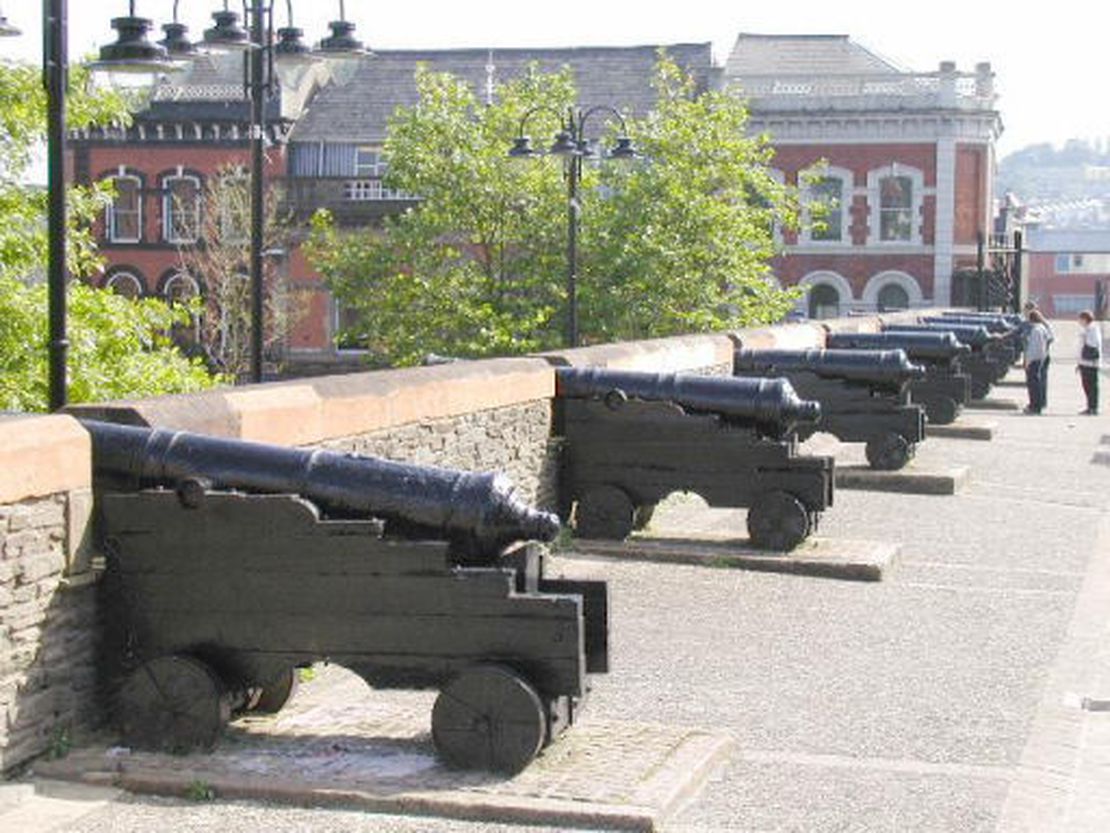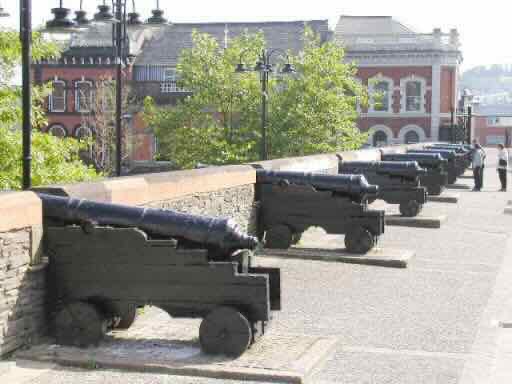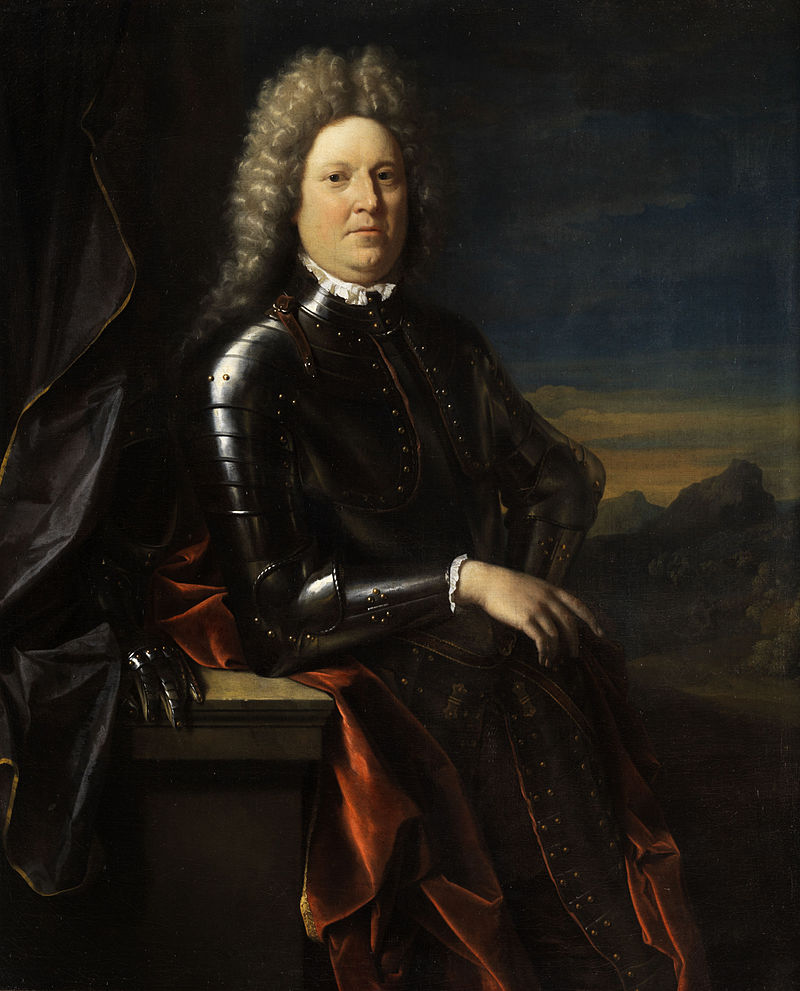- August 12, 1689
The Relief of Derry in 1689 was a significant event during the Williamite War in Ireland and is remembered as a major victory for the Williamite forces against the Jacobites. The siege and eventual relief of the city of Derry (now Londonderry) became a symbol of Protestant resistance to Catholic King James II and his supporters, who sought to regain the English throne.
Background
-
Williamite War in Ireland: The Williamite War in Ireland (1689–1691) was part of the broader conflict known as the Glorious Revolution, in which Protestant William of Orange deposed Catholic King James II from the English throne. The war in Ireland was fought between the Williamites, who supported William III, and the Jacobites, who supported the restoration of James II.
-
Derry’s Importance: Derry was a predominantly Protestant city in Ulster, and its strategic location made it a crucial stronghold in the Williamite campaign. The city’s refusal to surrender to the Jacobite forces was seen as a key moment in the struggle between the two sides.
The Siege of Derry
-
The Siege Begins: The siege began on April 18, 1689, when Jacobite forces under the command of Richard Talbot, Earl of Tyrconnell, and later General Conrad von Rosen, laid siege to the city. The residents of Derry, led by Governor Robert Lundy (who would later be accused of treachery and replaced), refused to surrender, famously closing the gates of the city against the advancing Jacobite army.
-
“No Surrender!”: The city’s defenders, including many civilians, held out under the leadership of Reverend George Walker and Major Henry Baker. Despite facing starvation, disease, and relentless bombardment, the people of Derry adopted the motto “No Surrender!” and continued to resist the siege.
-
Desperate Conditions: The conditions inside the city grew increasingly dire as the siege dragged on for 105 days. Food supplies ran out, and the population was reduced to eating anything they could find, including horses, dogs, and even rats. Despite these hardships, the city’s defenders remained resolute.
The Relief
-
Relief by Royal Navy: The relief of Derry finally came on July 28, 1689, when ships from the Royal Navy, commanded by General Percy Kirke, broke through the boom that the Jacobites had placed across the River Foyle to blockade the city. The ships, particularly the frigate HMS Dartmouth and the merchant ships Mountjoy and Phoenix, brought much-needed supplies to the starving defenders.
-
End of the Siege: With the arrival of supplies and reinforcements, the Jacobites were forced to lift the siege and retreat. The successful relief of Derry was a significant psychological and strategic victory for the Williamite cause and a devastating blow to the Jacobites.
Impact and Legacy
-
Williamite Morale Boost: The relief of Derry was one of the first major victories for the Williamites in Ireland and greatly boosted their morale. It also strengthened Protestant resolve in Ireland and Britain to resist the Catholic Jacobite forces.
-
Symbol of Resistance: The siege and relief of Derry became a potent symbol of Protestant resistance and are still commemorated annually in Northern Ireland, particularly by the Apprentice Boys of Derry, who celebrate the closing of the city gates and the relief of the city.
-
Continued Conflict: The Williamite War in Ireland continued for another two years, culminating in the decisive Williamite victory at the Battle of the Boyne in 1690 and the subsequent Treaty of Limerick in 1691, which ended the war.
-
Cultural Legacy: The events of the Siege of Derry have left a lasting legacy in Irish and British history, particularly in Northern Ireland, where they remain a central part of Protestant identity and the history of the Ulster Scots.
The Relief of Derry in 1689 is remembered as a major turning point in the Williamite War in Ireland, symbolizing the determination and resilience of the Protestant defenders against overwhelming odds. It marked a crucial victory for the Williamite forces and solidified Derry’s place in history as a bastion of Protestant resistance.

 ← Derry-Londonderry relived of siege
← Derry-Londonderry relived of siege
 The Duke of Schomberg lands at Groomsport with his 10,000 strong Williamite army →
The Duke of Schomberg lands at Groomsport with his 10,000 strong Williamite army →